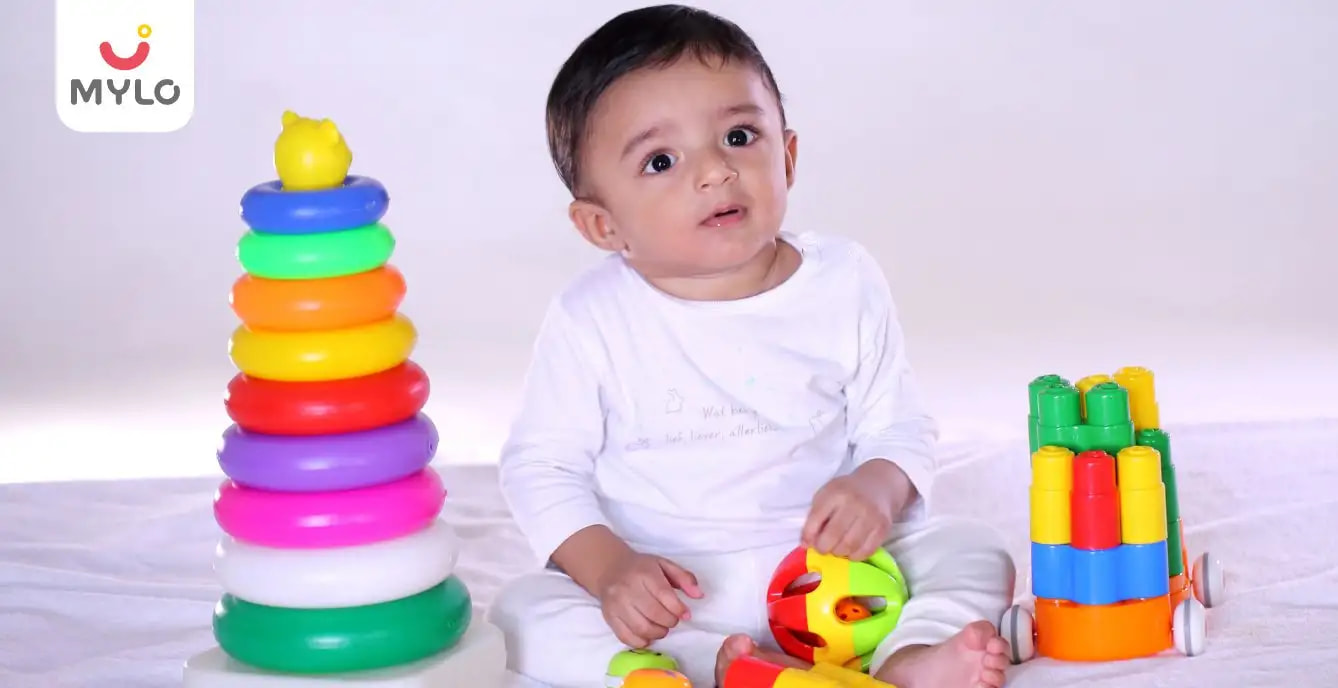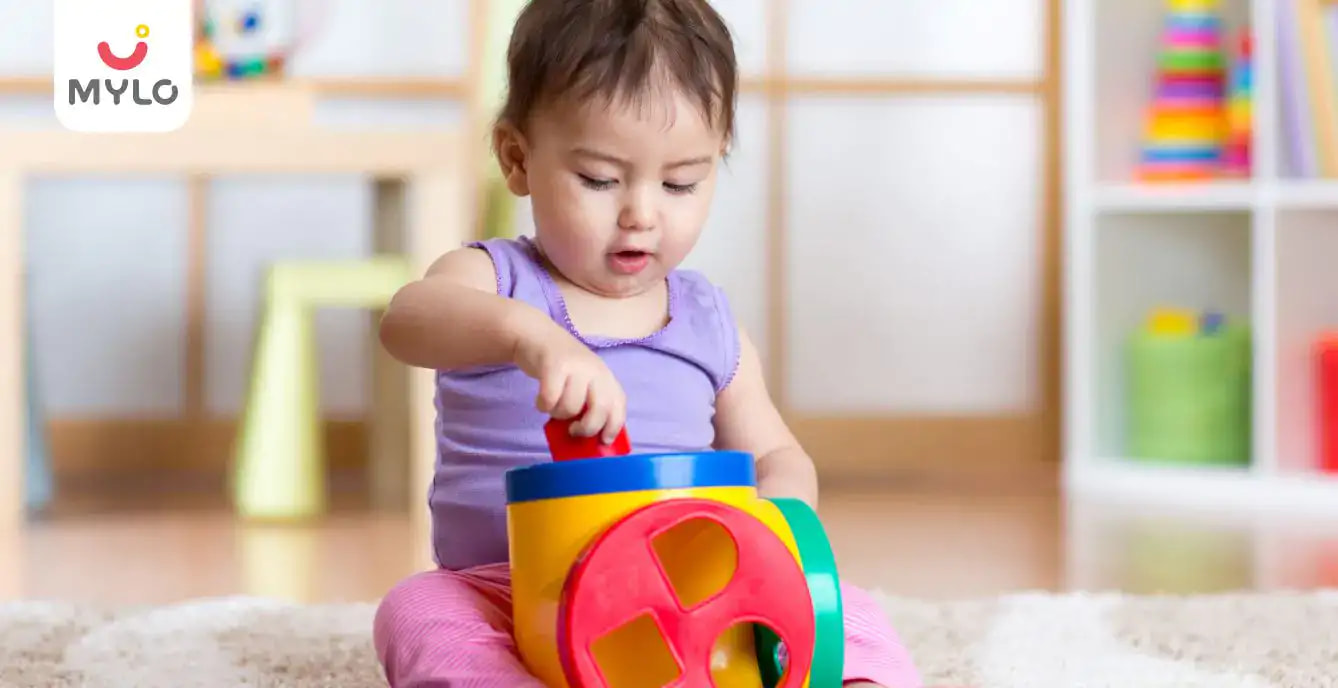Home

Let's know more about the growth and development of the brain in infants and early childhood.
In this Article
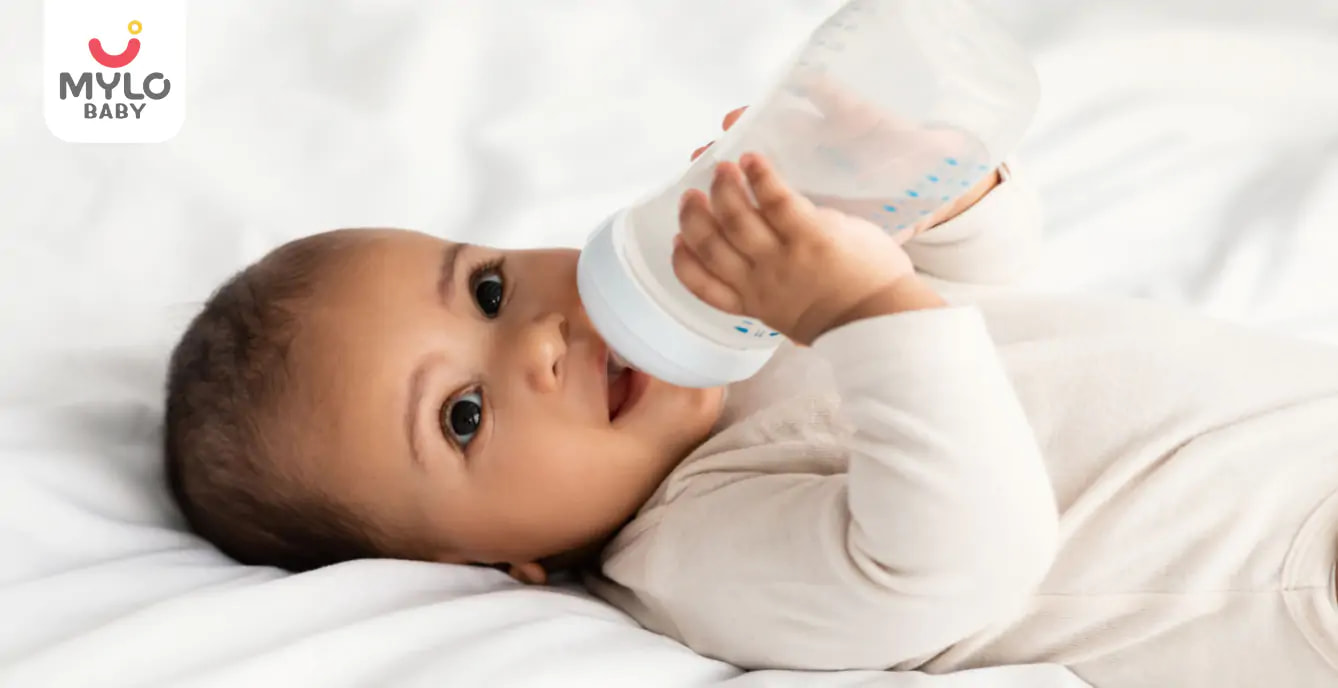
Let's know more about the growth and development of the brain in infants and early childhood.
Updated on 16 February 2024
The brain of a baby starts developing before birth and continues to grow by the age of 5. However, intellectual development continues throughout life. The development of an infant’s brain can be tracked through various milestones for instance when the baby starts recognizing his/her parents, grasp objects, throw a toy, use a teether, and waves at familiar people. All these actions prove that baby is gaining the ability to absorb information and execute it. All the information is processed in an infant’s tiny brain which further supports the growth and development of the brain. When parents start investing ample time in communicating with the baby right from the start like when h/she is in the mother’s womb then the brain of a child functions in a healthy way. Just like a building, an infant’s brain also needs a strong foundation, and parents play a vital role in building that.
During the first trimester, nerve connections are formed in such a way that it allows your baby to move inside the womb. As your pregnancy proceeds, some brain tissues and more nerve connections are formed during the second trimester. During the third trimester, the cerebral cortex starts functioning with the brain stem which prepares your child for future learning. The 3 main parts of the human brain are as follows:
-
Brain stem and Cerebellum- These are responsible for connecting the brain to the spinal cord and helps in controlling the breathing process, blood pressure, reflexes, balance, and heart rate.
-
Limbic system- By sitting on top of the brain stem it is responsible for many functions like learning, memory, thirst, emotions, hunger, and sensations.
-
Cerebral cortex- It is placed on the top of the limbic system and contains Occipital Lobe (for vision), Temporal Lobe (for social interaction, language, and hearing), Frontal Lobe (for problem-solving, memory, planning, and self-regulation), Parietal Lobe (for physical sensations like pressure, cold, heat, pain, and aches).
By the time the baby pops out, he/she can hear and will recognize your voice. Your baby’s brain grows and develops if you can try these numerous ways to support it:
-
Your baby’s developing brain needs a lot of interaction, eye contact, and a lot of positive experiences.
-
A nutritious balanced diet (healthy foods like breast milk and when he/she is ready to consume solid diet – fresh fruits, seasonal vegetables, dried fruits, nuts, seeds, lentils, dairy products, egg, chicken meat, and cow’s milk).
-
Allow your child to gaze and observe various objects.
-
Allow your child to get involved in a lot of fun-filled physical activities.
-
Play games like peek-a-boo, back and forth.
-
Singing rhymes, storytelling, and reading books.
-
Allow your baby to explore- Taste, smell, touch, and feel.
-
Age-appropriate toys, arts and crafts activities.
-
Associate things and people with the situations to enhance the memory of your child.
-
Dancing and music.
-
Thinking and solving simple puzzles.
-
Encourage your child to explore new surroundings.
-
Boost their communication skills and interaction with others.
-
A good sleeping routine.
-
Interact with your child by making eye contact with him/her and keep talking with your child.
-
Allow your child to play with messy materials (play dough, slime, and play sand) under your supervision
Always remember that your child will not become brilliant with a lot of expensive toys or gadgets. All you need to do is invest ample time and provide a safe and loving home to your munchkin. No matter how busy your schedule is, you must not miss those important appointments with the health care provider. Cuddle and pamper your baby whenever he/she starts crying or is feeling uncomfortable. Show interest in your baby’s activities and express the joyous feeling. Do not raise your voice or lose patience when you are explaining an activity to your child. Always remember that each child’s brain grows and develops at a different speed so do not try rushing.



Written by
Charu Pratap
Charu has been a seasoned corporate professional with over a decade of experience in Human Resource Management. She has managed the HR function for start-ups as well as established companies. But aside from her corporate career she was always fond of doing things with a creative streak. She enjoys gardening and writing and is an experienced content expert and linguist. Her own experiences with motherhood and raising a baby made her realize the importance of reliable and fact-based parenting information. She was engaged in creating content for publishing houses, research scholars, corporates as well as for her own blog.
Read MoreGet baby's diet chart, and growth tips

RECENTLY PUBLISHED ARTICLES
our most recent articles
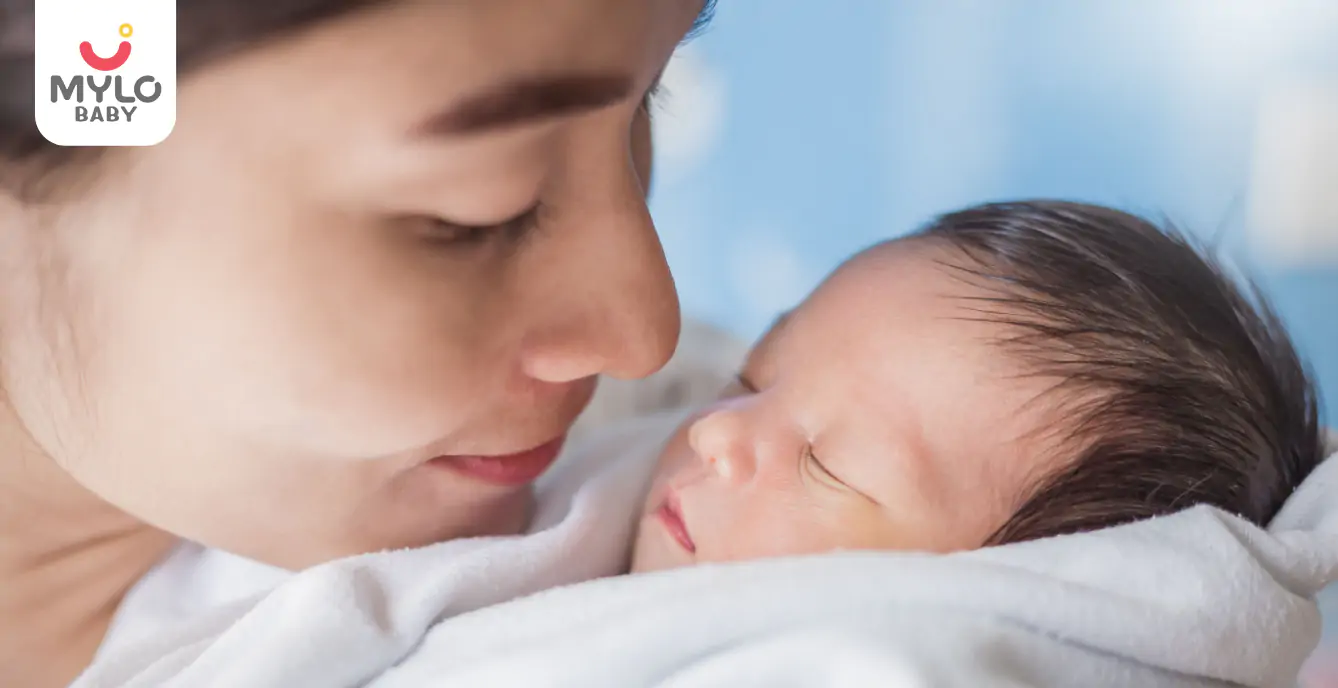
New Mom
Postnatal Care in India
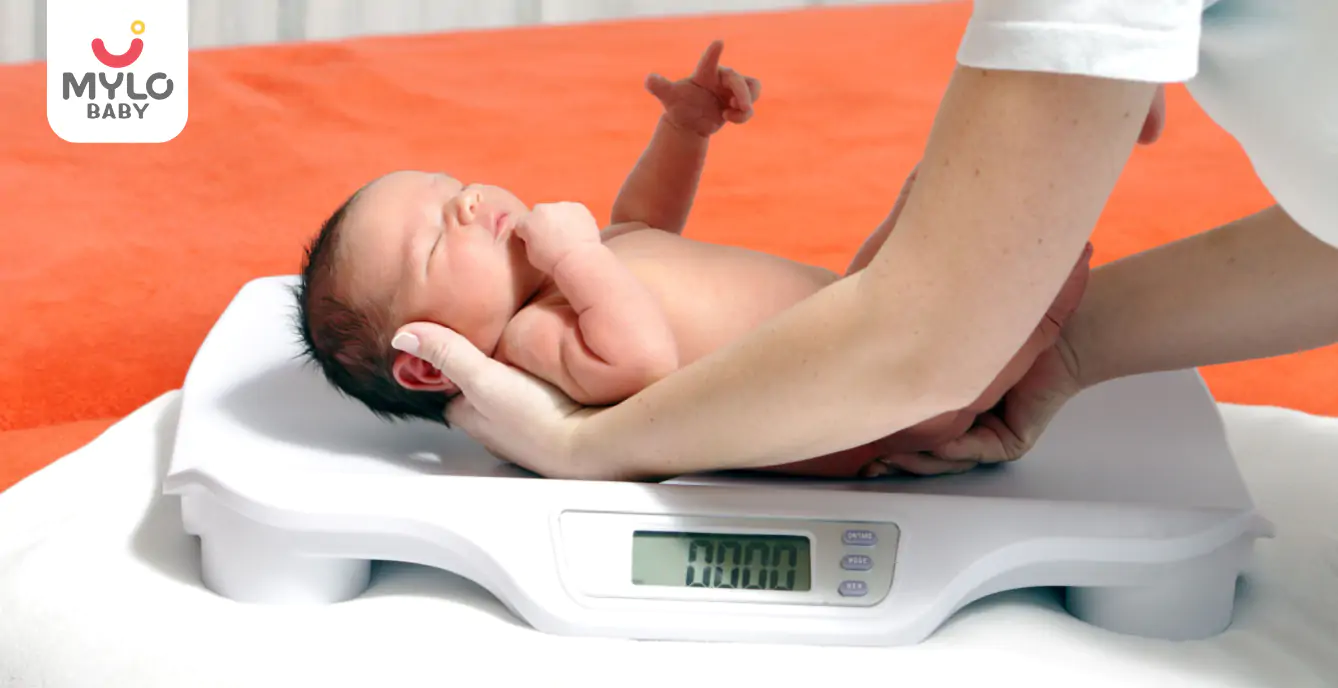
Weight Gain
Low Birth Weight: Causes, Complications & Treatment

Medical Procedures
Laparoscopic Ovarian Drilling: A Safe and Effective Solution for PCOS-Related Infertility

Headaches
Headache During Pregnancy: The Ultimate Guide to Causes and Cures

Scans & Tests
Fetal Doppler Scan During Pregnancy: In which week should you get it done?

Sleep
How Long Should Naps Be While Pregnant?
- Blocked Fallopian Tubes: How They Affect Your Chances of Conceiving
- How Do You Notify Your Employer That You Are Pregnant?
- The Ultimate Guide to Consuming Tapioca During Pregnancy
- Braxton Hicks Contractions or Real Labor: How to Tell Them Apart?
- Top 10 Tips For The Third Trimester Of Your Pregnancy
- Maternity Leave 101: Rules, Benefits & Timings for Expectant Working Women
- The A-Z Guide to Identifying Summer Vegetables for Kids
- Christian Baby Girl Names That Stand the Test of Time
- The A-Z Guide on Purple Colour Fruits and Vegetables for Kids
- The A-Z Guide on Red Colour Fruits & Red Colour Vegetables for Kids
- The A-Z Guide on Yellow Fruits & Yellow Colour Vegetables for Kids
- Cervical Cancer: Causes, Symptoms & Prevention
- The A-Z Guide to Identifying Stem Vegetables for Kids
- Can Fetal Heartbeat Disappear and Reappear?


AWARDS AND RECOGNITION

Mylo wins Forbes D2C Disruptor award

Mylo wins The Economic Times Promising Brands 2022
AS SEEN IN

- Mylo Care: Effective and science-backed personal care and wellness solutions for a joyful you.
- Mylo Baby: Science-backed, gentle and effective personal care & hygiene range for your little one.
- Mylo Community: Trusted and empathetic community of 10mn+ parents and experts.
Product Categories
baby carrier | baby soap | baby wipes | stretch marks cream | baby cream | baby shampoo | baby massage oil | baby hair oil | stretch marks oil | baby body wash | baby powder | baby lotion | diaper rash cream | newborn diapers | teether | baby kajal | baby diapers | cloth diapers |



